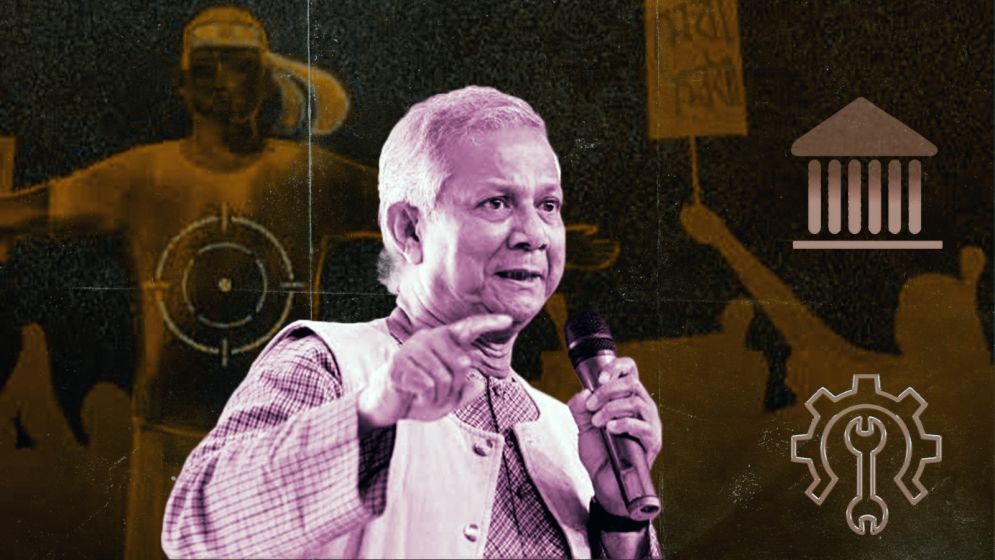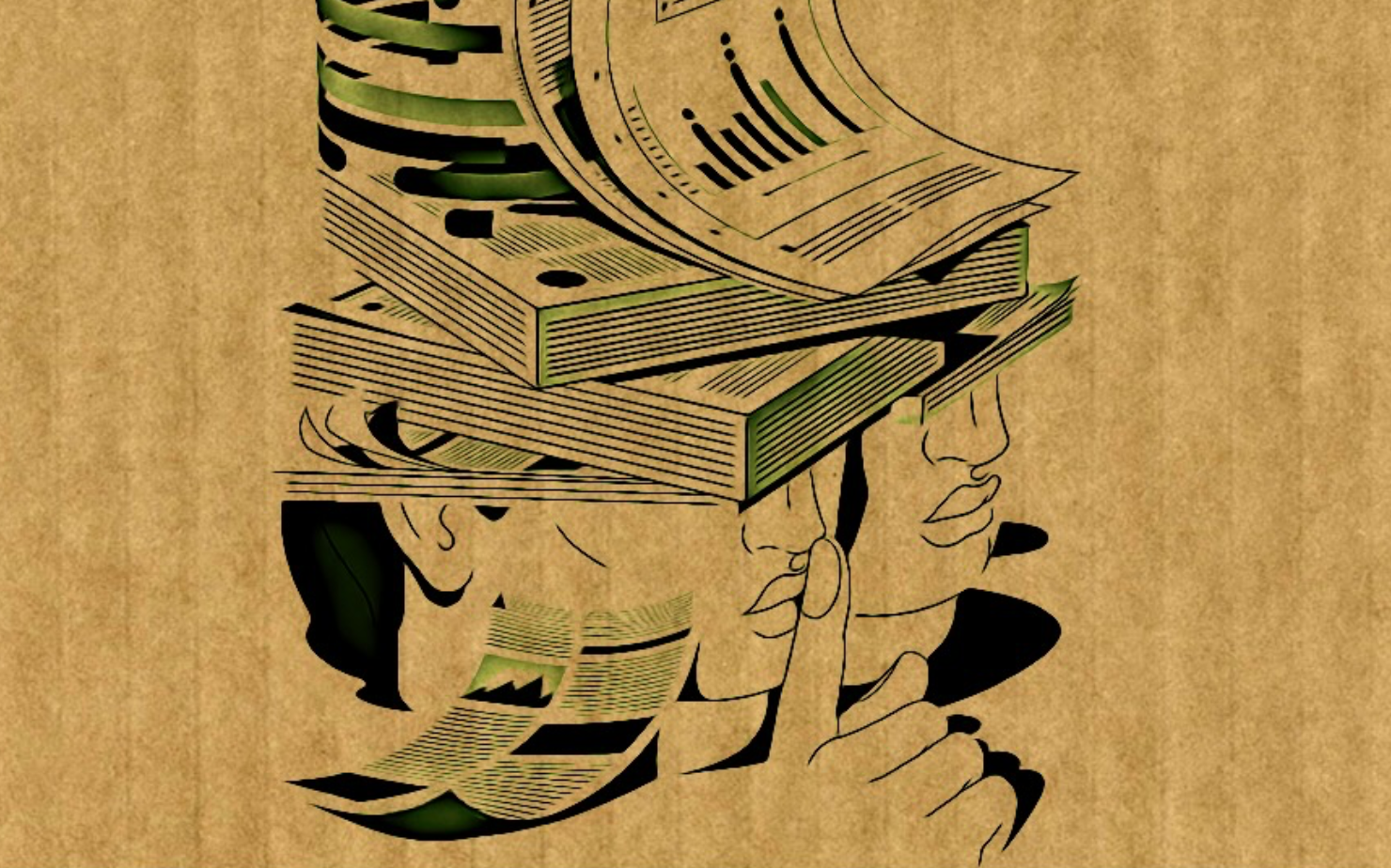Where lies the pitfalls of Yunus’s reform agenda

In public discourse, we often fall prey to metaphors that do more harm than good. One of the most persistent and misleading analogies is that of the state as a machine.
We talk of “reform” as if we’re tweaking the gearbox of a reconditioned 1996 Toyota Camry, somewhere in the back alleys of Dholai Khal or Bangla Motor. The problem is not just with the jargon–it’s with the mindset it reflects.
Terms like “state machinery,” “repair,” and “reform” suggest a tidy, mechanical process. But institutions are not soulless apparatuses parked in some Platonic garage, ready to be fixed with a wrench or patched with duct tape.
They are human constructs–fluid, negotiated, historically embedded. They are, at their core, collections of people tied together by shared roles, purposes, and–most critically–incentives.
Incentives are what keep institutions functioning. Not just salaries or promotions, but respect, recognition, shame, exclusion–the full spectrum of social feedback.
People do what they are rewarded for doing. And they avoid what they are punished for. When we talk about institutional reform, what we’re really talking about is redesigning those incentive systems–who gets what, for doing what, and at what cost if they don't.
Policy, then, is mostly about drafting elegant documents, passing laws as well as about whether the people inside an institution–civil servants, party apparatchiks, judges, police officers–feel that the incentives have actually changed.
Do honest actions lead to reward? Do transgressions face consequence? And when we look around, what do we see?
Just last month, top-ranking figures within the ruling Awami League–key players in a 16-year autocratic project–were escorted out of the country with silent approval. They are now comfortably plotting futures from overseas.
No trials. No accountability. No consequences. A peaceful, privileged exit.
If institutional reform means anything, it has to start here: with the refusal to let power slip away quietly, without answer.
Otherwise, all we’re doing is polishing the chrome on a wreck that no longer runs. The machine metaphor was always a lie. Institutions don’t break–they rot. And rot spreads unless it's cut out.

Understanding the core of the problem
The real scandal isn’t just that senior Awami League operatives have fled the country–it’s how easily they did it, and with whose protection.
We still don’t know. No serious attempt has been made to investigate the facilitators, neither the power-brokers who opened the exit doors nor the loyal bureaucrats who remain embedded deep in the machinery of government.
The silence is as telling as it’s tactical. These people are still shielded.
What this government has offered, in the name of accountability, is a boarding pass and a clean getaway. That is the only "negative incentive" in operation: run the country into the ground, and you’ll be rewarded with a smooth escape.
Reform, if it is to mean anything, must do the opposite. It must make consequence unavoidable. It must hardwire the system with rules, laws, and norms that tie personal reward to public service–and personal ruin to betrayal of it. That’s how functioning societies work.
But here, we’ve flipped the equation. The carrots are handed out for sabotage. The sticks are saved for the powerless. And now, as the architects of systemic devastation disappear into luxury villas abroad, we are expected to engage in polite discussions about policy reform–while the institutions they gutted are expected to regenerate themselves via internal memos and PowerPoint presentations.
Even the judiciary is being made to participate in this farce. One of the core tenets of any justice system–habeas corpus, to present the accused in the flesh–has been abandoned in favor of political theater.
The real perpetrators are gone, but ghost trials carry on in their absence to prop up a hollow narrative of reform instead of serving justice. It’s the legal equivalent of playacting with shadows.
Let’s be blunt: if impunity is the starting point, no number of new laws, rules of business, or governance toolkits will matter.
You can print 30 volumes of reform doctrine, but unless they can bind the powerful, they’re just weight–purchased by the kilogram to wrap street food, or to decorate office shelves no one reads.
It is a spectacle masquerading as governance. And each time the public sees this masquerade for what it is, their faith in the rule of law corrodes further. That is the real cost. That is the real tragedy.
—
Mikail Hossain is a researcher and analyst

